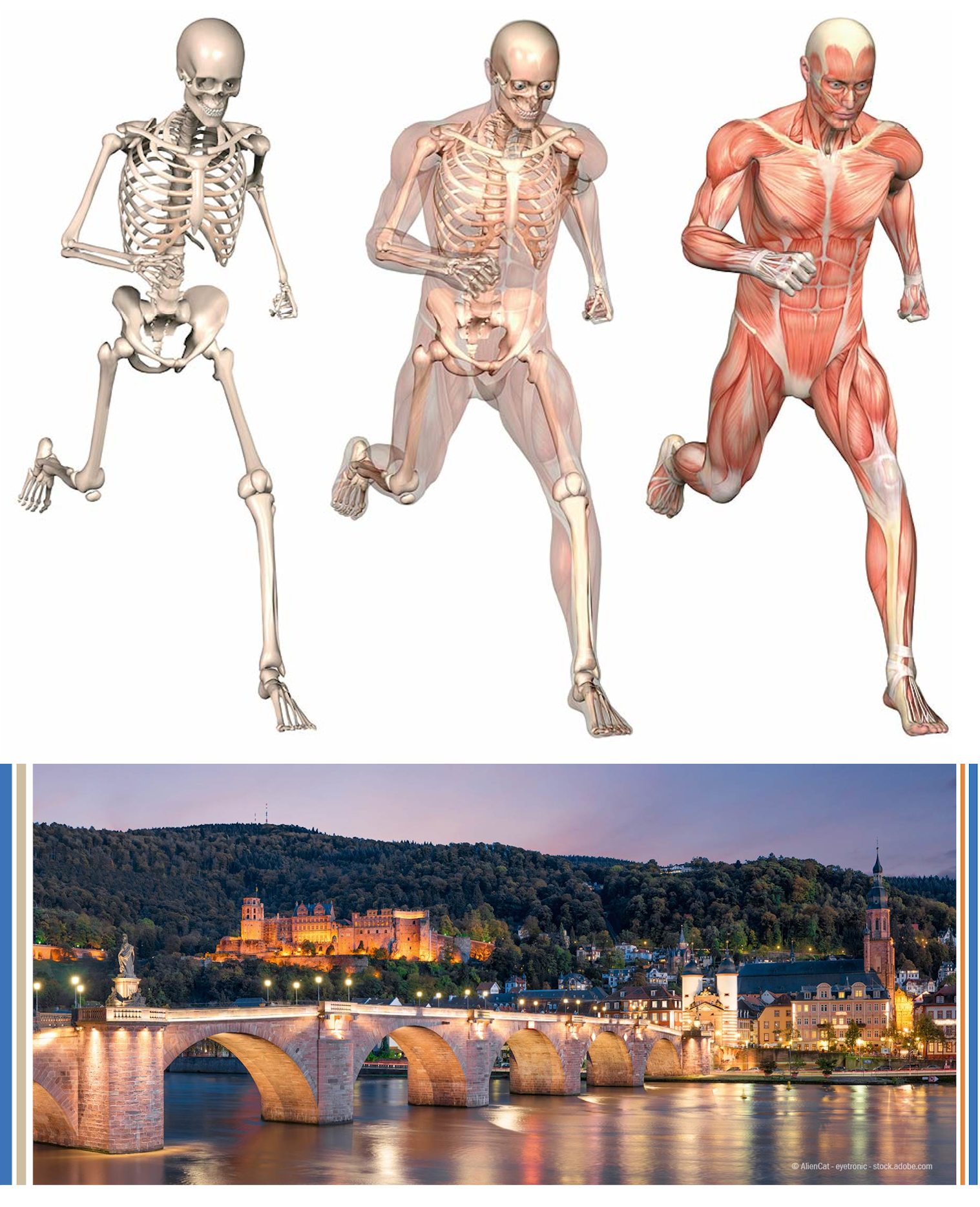PhD on Computational Assessment of Spinal Instability in Scoliosis
Are you eager to understand how instability in the growing spine can lead to excessive tissue strains and whether this could result in scoliosis?
Job description
Adolescent Idiopathic Scoliosis (AIS) is a 3D deformity of the spine affecting previously healthy children, substantially reducing their quality of life and creating a life-long burden of disease. Till now, no curative treatment exists partly because its cause and disease mechanism are still unknown. In this ERC funded project, we will uncover whether a complex perfect storm of anatomical, biomechanical and mechanobiological causes in the intervertebral disc are responsible AIS.
During the adolescent growth spurt, many changes are occurring in our spines. If tissue maturation is not matched by increasing loads and changes in shape, this could lead to spinal instability and excessive tissue strains. Until now this was not possible to study because AIS only occurs in human children and there were no safe methods to image their spines repeatedly during growth. In the ERC project, we are running a clinical study using newly developed MRI-based synthetic CT imaging to collect such information in normal and AIS children.
In this PhD research, we will first develop methods to generate subject-specific FE spine models. These will be based on a combination of landmark recognition, statistical shape/appearance modeling and machine learning methods. Once validated against imaging and biomechanical data from cadaveric spines, subject-specific multi-scale motion segment and spine models will be generated from the imaging data to explore spinal instability and intervertebral disc deformations during growth in the children of the clinical study.
The PhD candidate will contribute to a multi-disciplinary team of biomedical engineers, imaging scientists and spine surgeons, from the student to senior level, working on engineering, biological, imaging and clinical studies. An educational and professional development program is offered to all PhD candidates. You will also be involved in teaching courses, as well as contribute to the supervision of bachelor and master students. Based on your research, you will be expected to present at conferences, publish in scientific journals and write a doctoral dissertation.
Embedding
The research will be mainly conducted within the Orthopaedic Biomechanics (OPB) group which cover diverse topics in bone, intervertebral disc and tendons/ligaments, as well as articular cartilage. The group is well known for their multidisciplinary approach combining tissue mechanics, mechanobiology, and biomaterial mechanics. They utilize, in vitro, ex vivo and computational models to understand tissue conditions in disease and for regenerative engineering, operating at the international forefront of engineering of living, load-bearing tissues.
The OPB group is part of the Regenerative Materials and Engineering cluster of the Department of Biomedical Engineering at the Eindhoven University of Technology. The department offers Bachelors and Masters education programs who are integrally linked to its research areas ranging across Chemical Biology, Biosensing, Biomaterials, Biomechanics Tissue Engineering, Computational Biology, Biomedical Imaging and Modelling, with 800+ students and 200+ academic staff. The university is open and inclusive with short communication lines. The people are curious, collaborative, and strive for excellence in research and education at an internationally renowned level. Our lively campus community facilitates connections between staff and students, in an open, friendly, vibrant atmosphere that welcomes and inspires.
Job requirements
We are accepting applications from enthusiastic and highly talented candidates who meet the following requirements:
- A MSc degree (or equivalent) in biomedical engineering or a comparable domain.
- Experience and knowledge of tissue biomechanics is appreciated.
- A research-oriented attitude.
- Ability to work in a team and with the industrial partners.
- Fluent in spoken and written English.
Conditions of employment
- We offer a meaningful job in a dynamic, stimulating and ambitious team environment.
- A full-time employment for four years, with intermediate evaluation after nine months.
- A gross monthly salary and benefits in accordance with the Collective Labor Agreement for Dutch Universities.
- Additionally, an annual holiday allowance of 8% of the yearly salary, plus a year-end allowance of 8.3% of the annual salary.
- A broad package of fringe benefits, including an excellent technical infrastructure, moving expenses, and savings schemes.
- Family-friendly initiatives are in place, such as an international spouse program, and excellent on-campus children day care and sports facilities.
Information and application
Do you recognize yourself in this profile and would you like to know more? Please contact dr. Bert van Rietbergen (b.v.rietbergen@tue.nl) or prof. Keita Ito (k.ito@tue.nl). Please include a curriculum vitae with a list of your publications.








